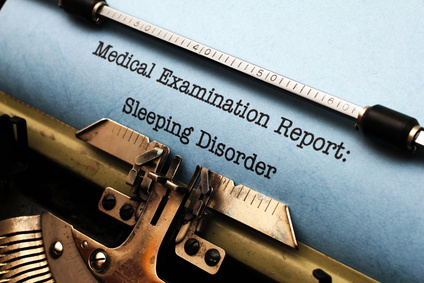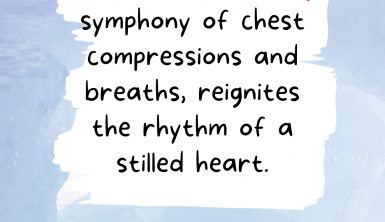Insomnia Disorder
Insomnia disorder is a disorder that effects sleep patterns. There are primarily two types of insomnia disorder that is diagnosed. There is chronic insomnia and acute insomnia. Insomnia disorder can effect every aspect of daily life and can result in feelings of:
• Fatigue
• Mood disturbances
• Difficulty concentrating
• Decreased performance and work or school
In many cases of insomnia the issue will resolve itself. In some cases the insomnia is not a mental health issue but instead is related to medication, diet or medical problem that is undiagnosed like sleep apnea. If the insomnia stems from medication, diet of a medical problem that has gone undiagnosed once those issues are addressed than the sleep pattern should return to normal.
Acute Insomnia
Acute insomnia is typically short in duration and is due to a life change or circumstances. In many cases acute insomnia will resolve itself once adaptation to the new circumstances takes place. Acute insomnia is the most common type of insomnia. Stress that has gone unaddressed can also cause acute insomnia. Addressing the stress and working it through it will usually result in the return of a normal sleep pattern.
Chronic Insomnia
Chronic insomnia is typically co-morbid with another health issue or mental health disorder. Chronic insomnia can last for years and can be very debilitating. The lack of sleep can lead to a host of very serious health concerns.
Commonality
It is estimated that up to 30% of the general population suffer from some sort of sleep disorder including insomnia. There are different degrees of insomnia. There are those that suffer from the inability to fall asleep which is called onset insomnia, there are people that have problems staying asleep this is called maintenance and there are those that simply do not sleep.
In the most extreme cases the sleep-wake cycle is completely thrown off gradually over time it becomes increasingly difficult for the person that suffer from insomnia not only to get to sleep but to stay a sleep and they spend their days in disrupted sleep-wake cycles.
Treatment
In chronic cases of insomnia the treatment consists of treating the co-morbid causes as well as treating the insomnia. In many cases of chronic insomnia treating the underlying causes will “cure” the insomnia.
For all services, please visit our Home Page.







